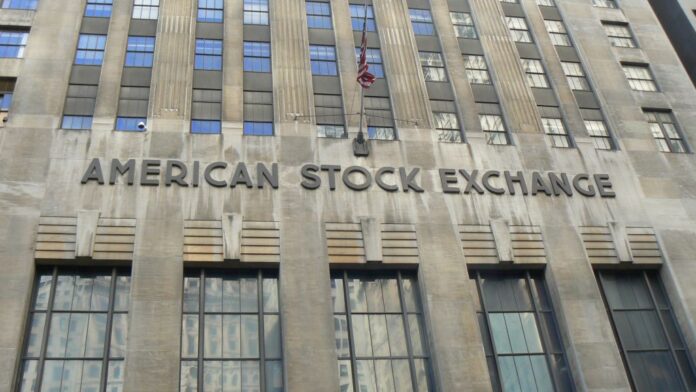Germany did not participate in the industrial revolution of high tech. The US is the undisputed protagonist.
The expansion of production in Eastern Europe and China has been attractive thanks to the profitability of Investments in the medium term.
On the other hand, they have diverted the large and medium-sized German industrial groups from the race that really mattered: the technological revolution made in the US. Moreover, a very low euro price against the dollar and an effective fiscal deflation invented by Chancellor Schroeder need to be taken into account.
Industrialists have lost historical stimulus to obsessively seek an increase in productivity and product improvement. They wereblinded by immediate calculations. Stock market capitalizations say it all.
The comparison between the DAX, the Frankfurt-listed securities, and the listed securities of American technology groups shows the glaring error in which industrial executives and large shareholders have fallen.
An example for everyone, the sum of the three most important German automotive groups is equal to a fraction of any of FAANG, Facebook, Alphabet, Amazon, Netflix. With the value of Apple, you could comfortably buy a good part of the Dax.
How could a misadventure of this magnitude happen to Germany, which, in the industrial revolutions of steam, combustion engine, electric, had played a main role?
The third-generation heir of one of the big car manufacturers, BMW, argues that given the number of suppliers, production units, number of employees and profits, all that chasing would not be worth it. For what, for a ridiculous profitability?
All of this is in the past, the glare of industrial successes of the last twenty years</b has disappeared and all the mistakes are in front of everyone.
The crisis of 2019 cannot be settled as in 2008. Back then there was still China and the possibility of increasing exports exponentially by confirming the traditional German model. Not anymore.
German politicians are forced to resort to extraordinary issues of public debt securities to save German industry from recession and its wrong choices.
Financing the technological leap is expensive. On budget losses, since wrong investments in China which now worth little or nothing, politicians are rightly outraged and pale with anger. This wrong choice pattern is the reason why the state no longer wants to be just a financier but also a shareholder.








